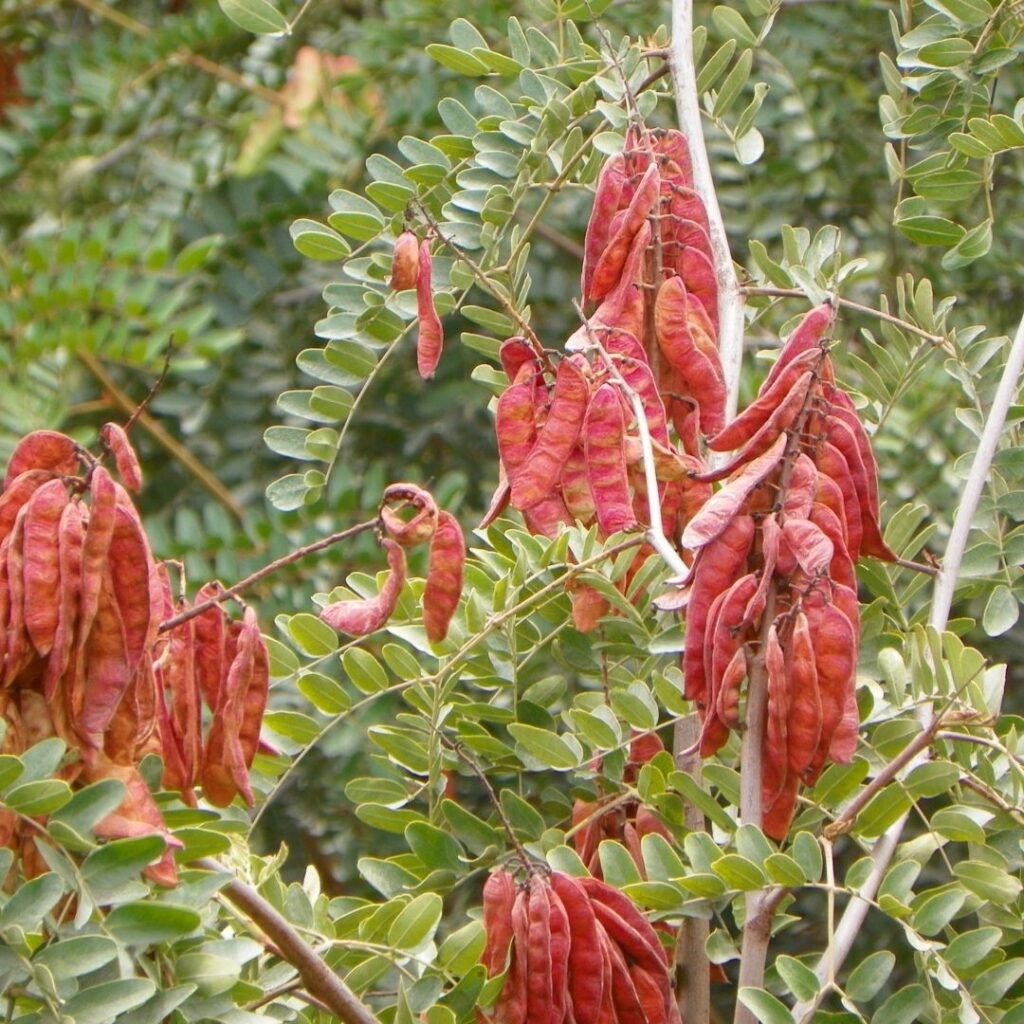
Tara

Tara, grown at altitudes between 1,000 and 3,000 meters in regions like Amazonas, Lima, and Cajamarca, is rich in tannins and antioxidants, which help promote collagen production and improve skin health by enhancing hydration and elasticity. Its fiber content also supports digestive health. However, due to its high tannin content, excessive consumption can cause constipation and other digestive discomforts, so it should be consumed in moderation.
| AREAS – MASL | RICH IN |
| 1,000 AND 3,000 MASL – AMAZONAS – APURÍMAC – AREQUIPA – AYACUCHO – CAJAMARCA – ICA – LA LIBERTAD – LAMBAYEQUE – LIMA – PASCO | – Tannins (known for their antioxidant and antimicrobial properties) – I’s high content of tannins and antioxidants helps promote collagen production. -Fiber (promotes digestive health) |
| BENEFITS | CONTRAINDICATIONS |
| Tara promotes skin health by providing hydration and improving elasticity. | Tara is high in tannins, which can have an astringent effect, leading to constipation if consumed in excess. Moderation is key to avoiding digestive discomfort. |
RECIPE – Tara and Herb Tea
Ingredients
Instructions
- Boil the Water: Bring a cup of water to a boil and then reduce to a simmer.
- Steep the Tara: Add the dried tara pods or powder to the water along with the chamomile and let it steep for 5-10 minutes.
- Strain and Serve: Strain the tea, and add honey and lemon if desired.
- Drink: Consume warm after meals to aid digestion and reduce inflammation.
